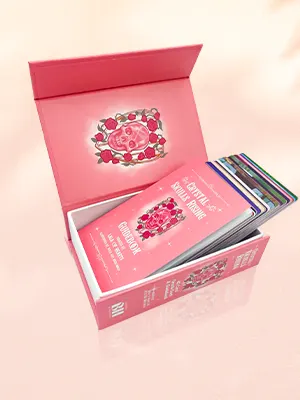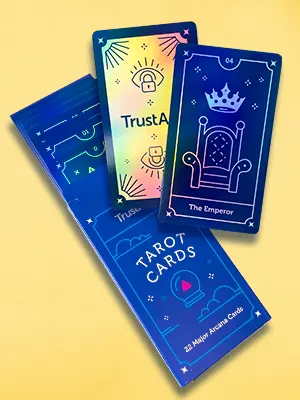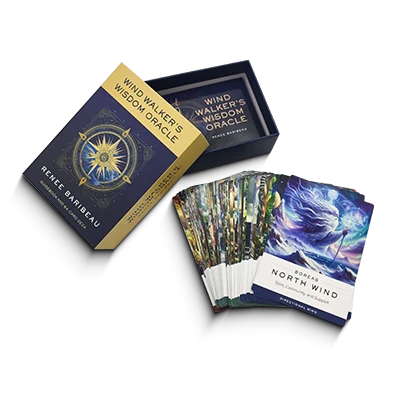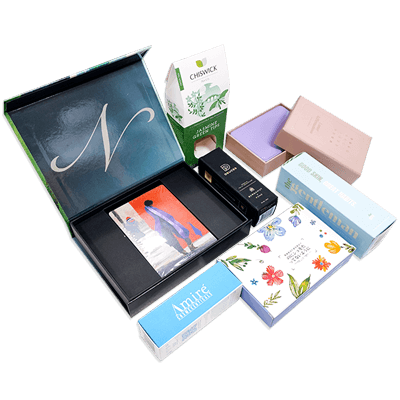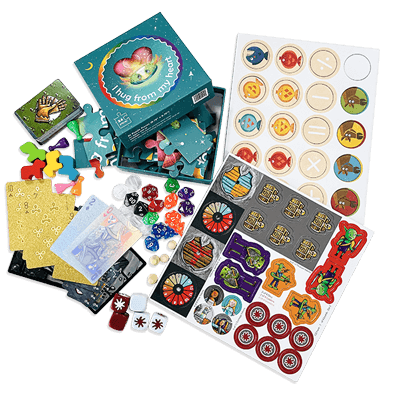Foil Stamping
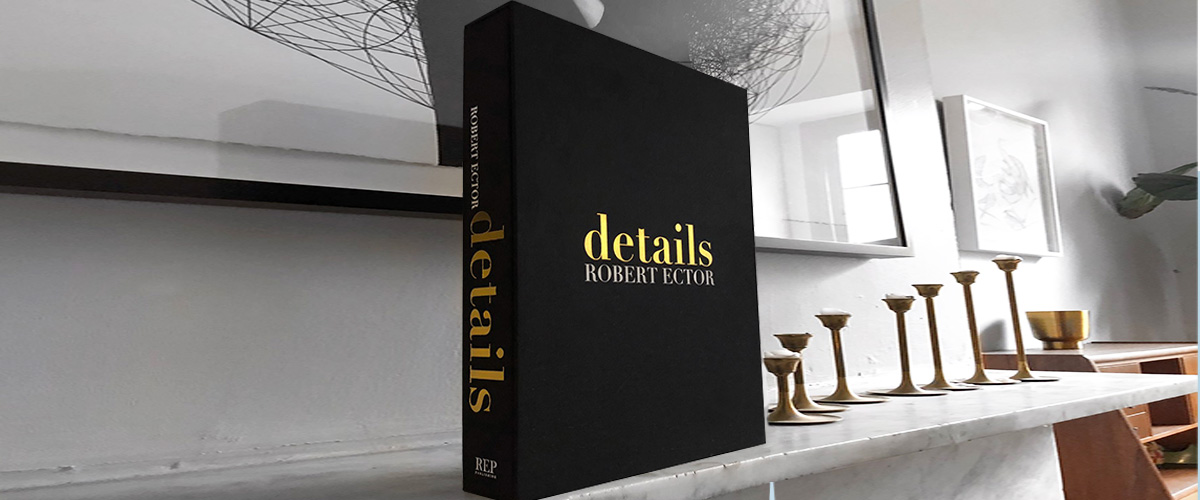
What Is Foil Stamping and How Does It Work?
Foil stamping is a printing technique that applies metallic foil—such as gold, silver, or other colors—onto the surface of a printed sheet to highlight text, logos, or design elements.
The process begins by creating a metal die of your design, typically made from brass, magnesium, or copper. This die is covered with foil and then pressed onto the paper using heat and pressure. The foil adheres to the sheet in the exact shape of the die, creating a shiny, eye-catching effect.
Foil stamping works best on smooth surfaces, and while it can be applied to most papers, we don’t recommend it for heavily textured stocks, as the results may be inconsistent.
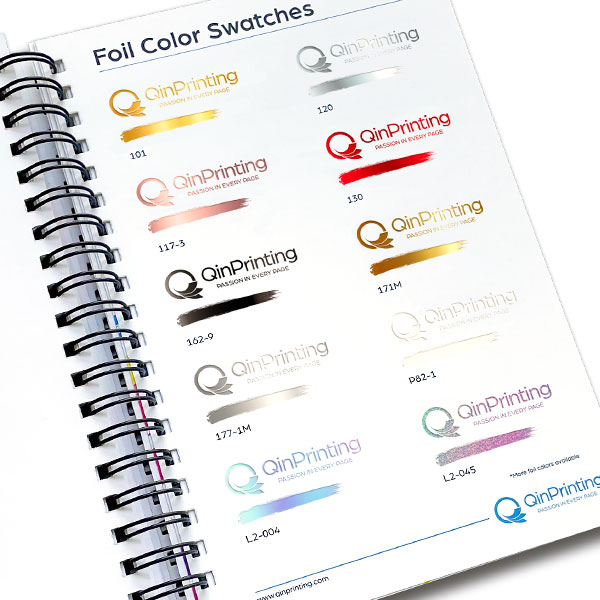
Popular Foil Stamping Colors
While gold and silver foil stamping remains the most popular, we can add inks to produce foil stamps in a wide range of colors, including black or white. To really make your product stand out, you may wish to choose a less common color for your metallic foil.
Here’s a selection of the possibilities we have available:
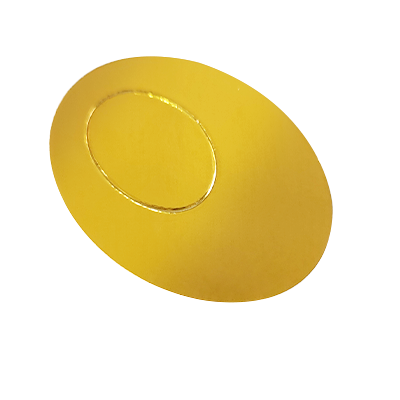
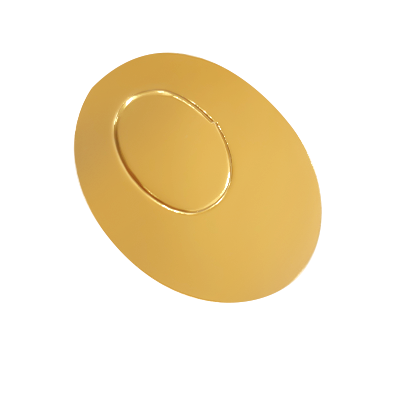
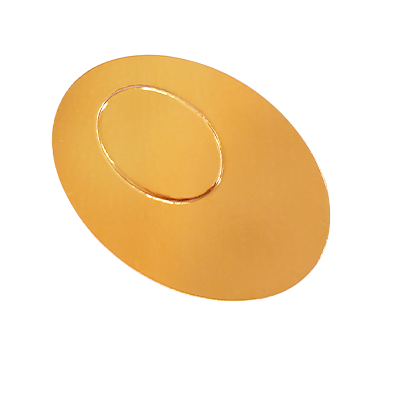
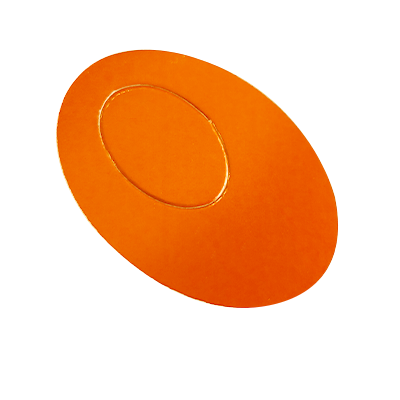
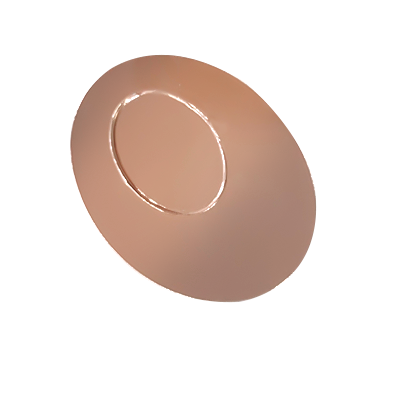
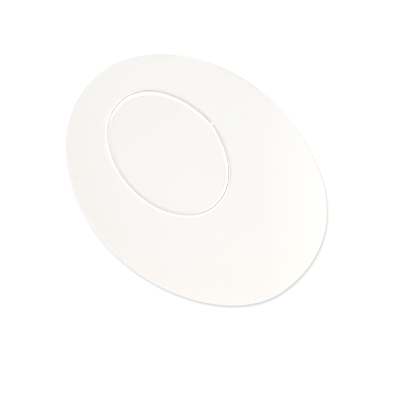
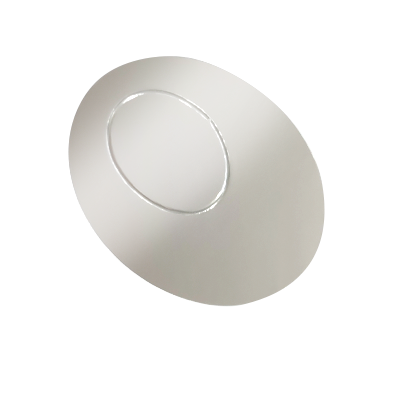
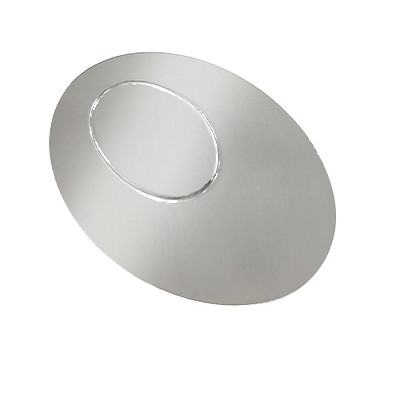
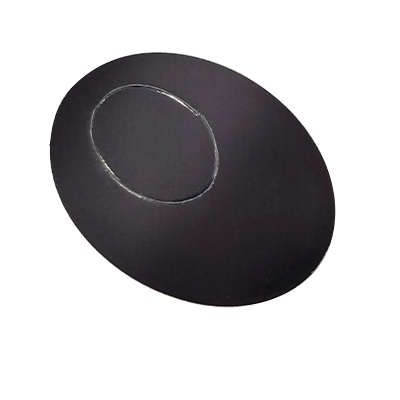
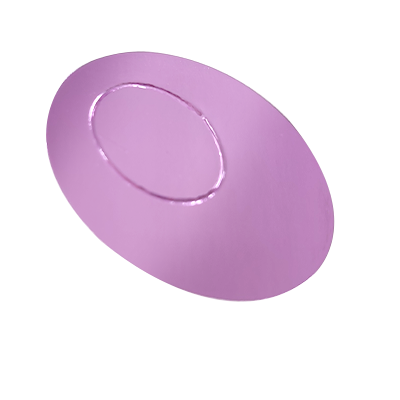
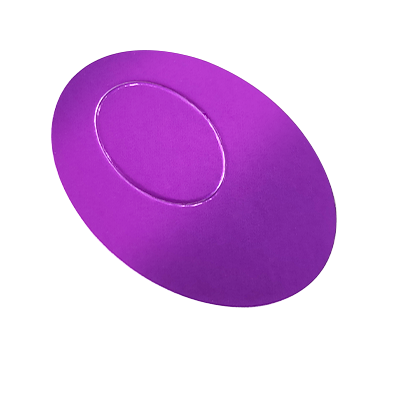
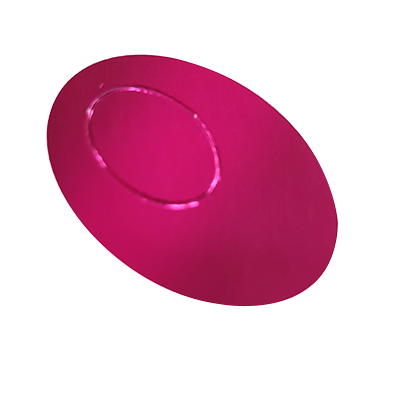
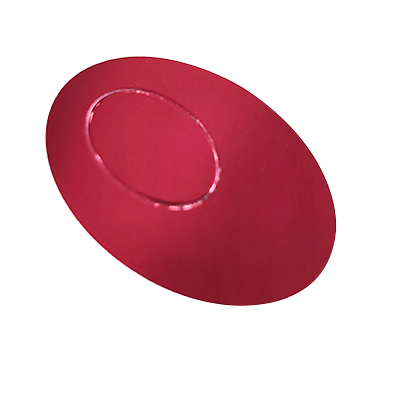
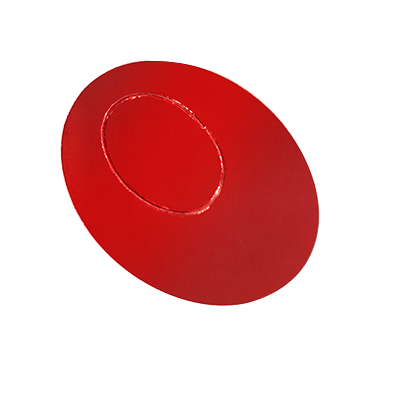
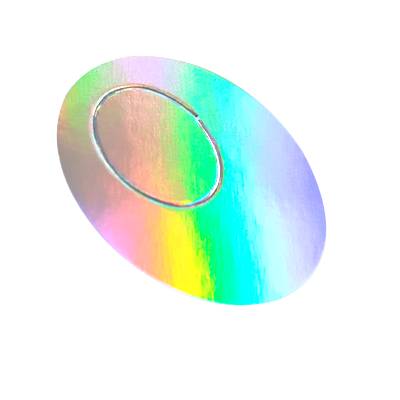
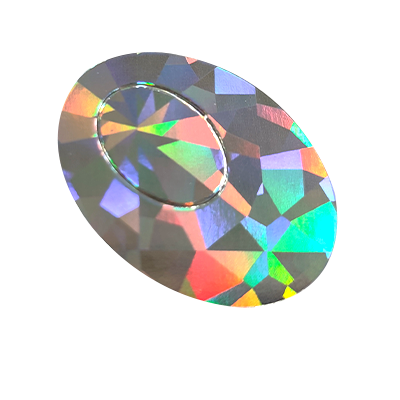
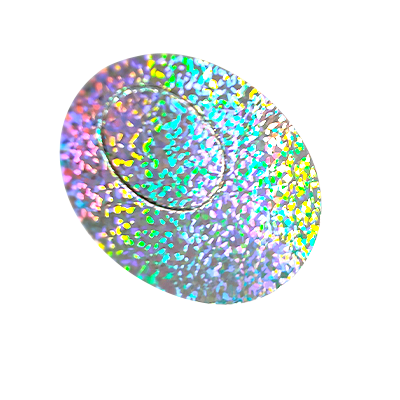
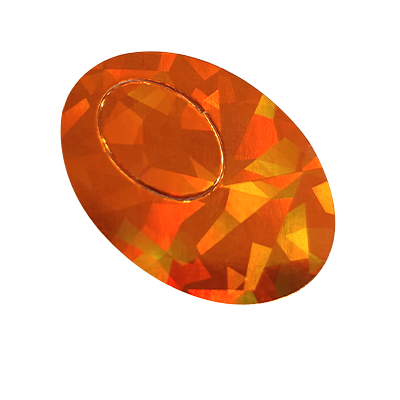

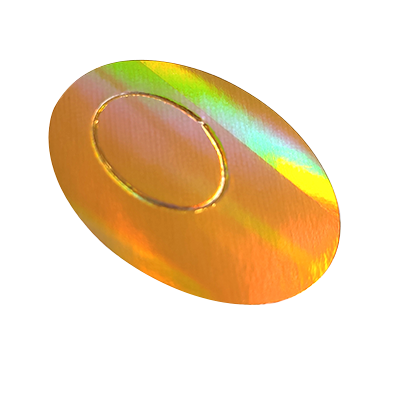
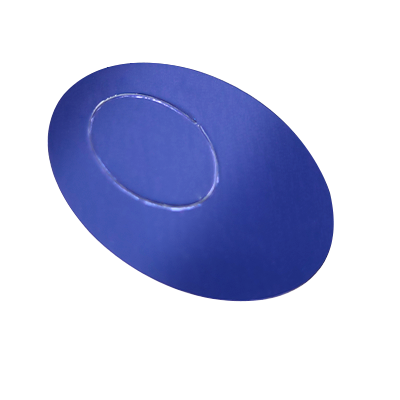
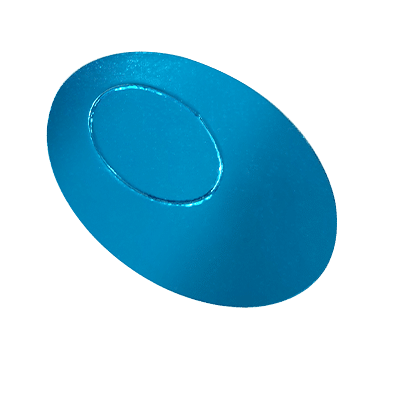
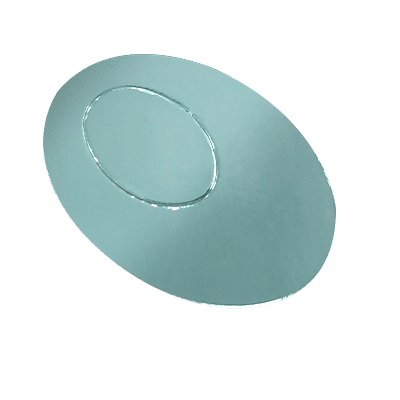
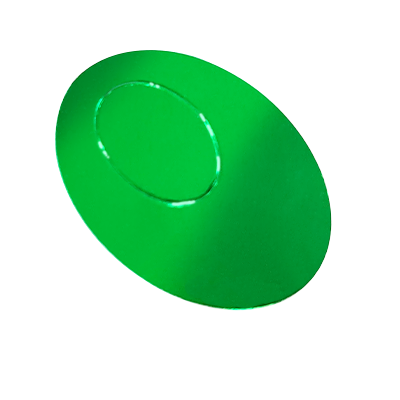
Not seeing the option you’re looking for? Have our experts assist you!
The Advantages of Foil Stamping
Foil stamping makes any product stand out from the crowd, but whether it’s the right choice for you depends on the type of product you’re printing, the market it’s aimed at, and the size of your budget. Foil stamping is more expensive than other finishes and is usually associated with luxury goods. With that in mind, let’s look at the primary advantages of foil stamping to help you decide if it’s a good fit for your needs.
- The metallic surface color and texture of foil stamping enhance your printed materials and give a sophisticated, luxurious look and feel.
- Because the foil is opaque and applied after printing, the substrate doesn’t affect the result; so you can apply light-colored foils to dark backgrounds, for example, with no loss of contrast or color.
- Foil stamping often works well combined with other special finishes such as embossing and debossing.
- It adds significant perceived value to your product, making it more likely to be kept, treasured, enjoyed, and shared.
- Foil stamping lends your print materials a sophisticated, high-end look ideal for the luxury market.

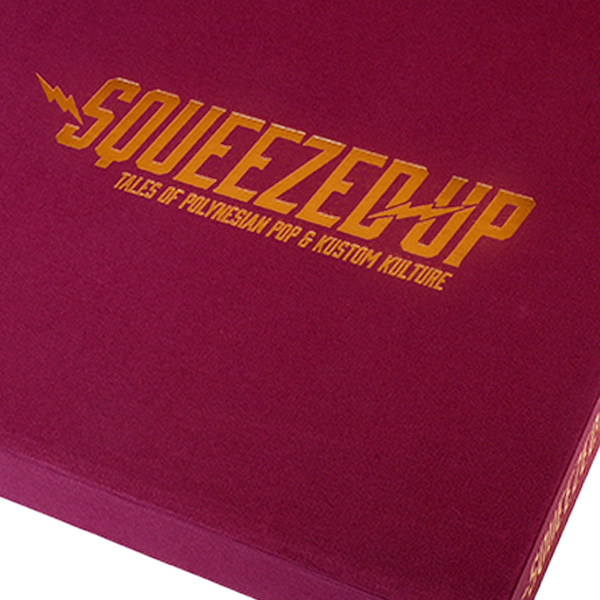
These are just a few of the advantages of foil stamping, which makes it a powerful option for any product aimed at the upper end of the market, from books and catalogs to deluxe board games, custom paper boxes, and more.
Popular Applications for Foil Stamping
We can apply foil stamping successfully to many print products. It elevates those products above the average and positions them in the luxury market sector. So, let’s see how it can affect the appearance of several popular printed products.
- Coffee-table books—coffee-table books are works of art in their own right and are all about status and style. These books are lavishly illustrated with high-quality art reproduction or photography. Well-designed and tasteful foil stamping on the cover will seduce the eye of the viewer and lure them in with its sophisticated appeal, setting the book apart from the competition.
- Luxury product catalogs—foil stamping is a good choice for catalogs in the luxury end of the market designed to appeal to an affluent demographic whose sense of taste and style demands the highest quality and attention to detail.
- Custom printed boxes—another popular way to use foil stamping is on the outer surface of luxury custom printed boxes. Foil stamping elevates the box beyond a mere packaging solution and integrates it seamlessly with the aspirations of your customers and the quality of your products. It also lends grace and authority to your brand name and logo.
- Deluxe board games—At the luxury end of the market are deluxe board games made with the finest materials and created to appeal to the wealthiest consumers. For a deluxe edition of any game, the addition of foil stamping to the board or box surface adds the sophisticated presentation the market demands.
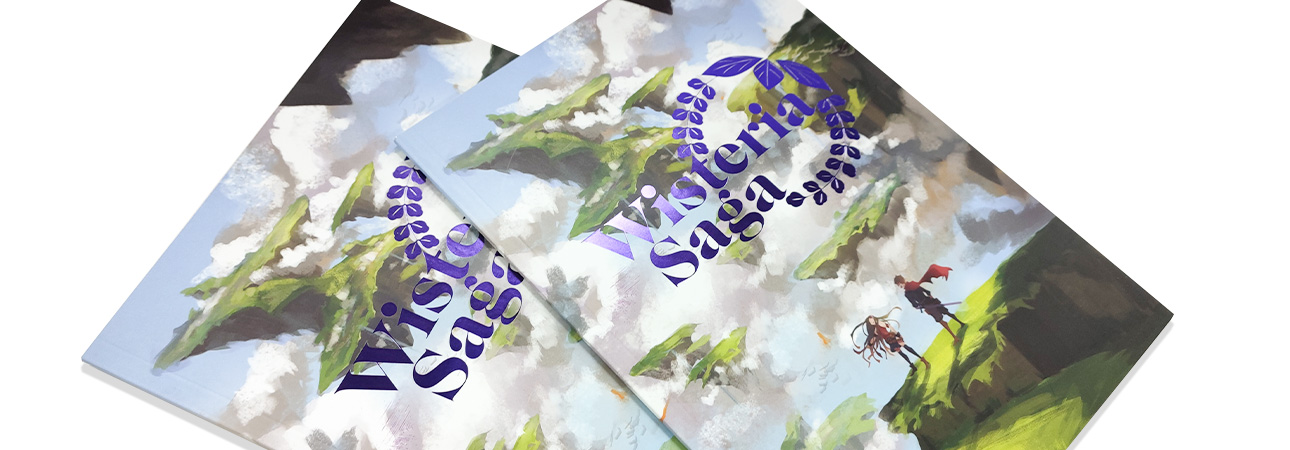
We hope the above examples will help you appreciate the special qualities of foil stamping and its appeal. It’s more expensive than other options, but not prohibitively so, and if the luxury market is your target, it will probably give you an excellent return on your investment.
Related Resources

